


Feral honey bees, once celebrated for their agricultural value, are now threatening native ecosystems in Southern California by monopolizing pollen sources and overwhelming native pollinators. A...



Feral water buffalo now roam Hong Kong s South Lantau marshes, and a 657-person survey shows they ignite nostalgia, wonder, and worry in equal measure. Many...



Neural networks first treat sentences like puzzles solved by word order, but once they read enough, a tipping point sends them diving into word meaning instead—an...
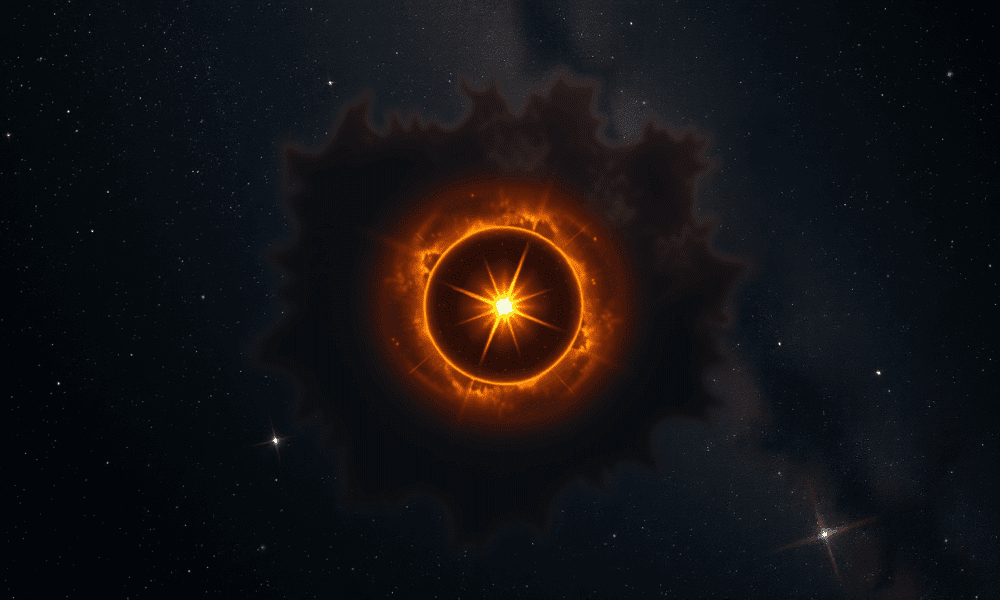


Some of the faintest, coldest stars in the universe may be powered not by fusion—but by the annihilation of dark matter deep within them. These “dark...
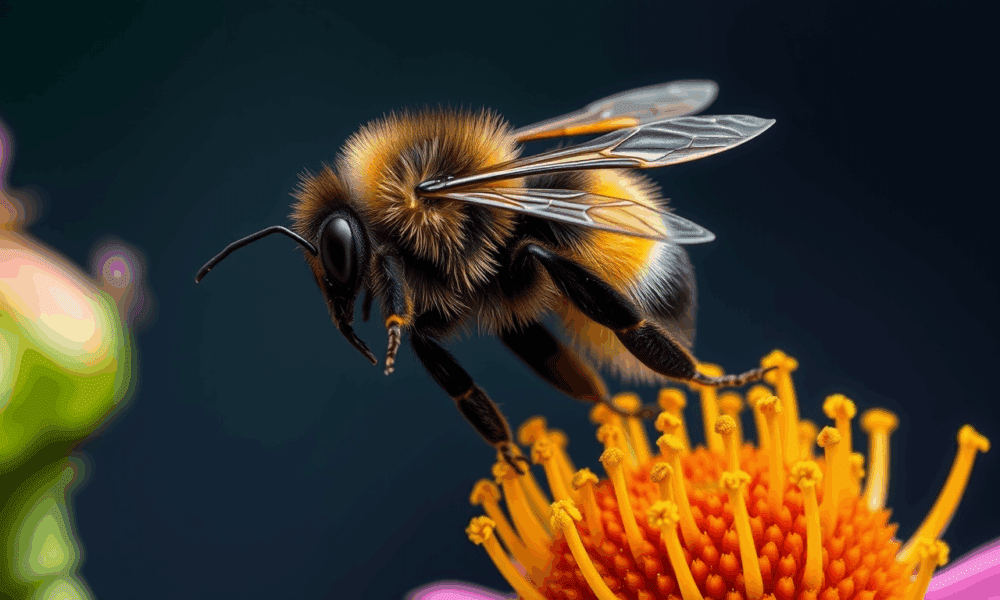
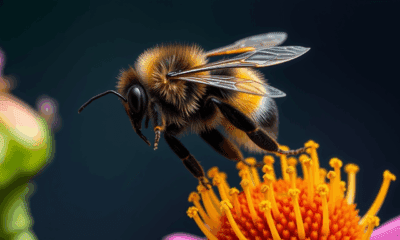

High heat and heavy metals dampen a bumblebee’s trademark buzz, threatening pollen release and colony chatter. Tiny sensors captured up-to-400-hertz tremors that falter under environmental stress,...



As glaciers melt around the world, long-dormant volcanoes may be waking up beneath the ice. New research reveals that massive ice sheets have suppressed eruptions for...
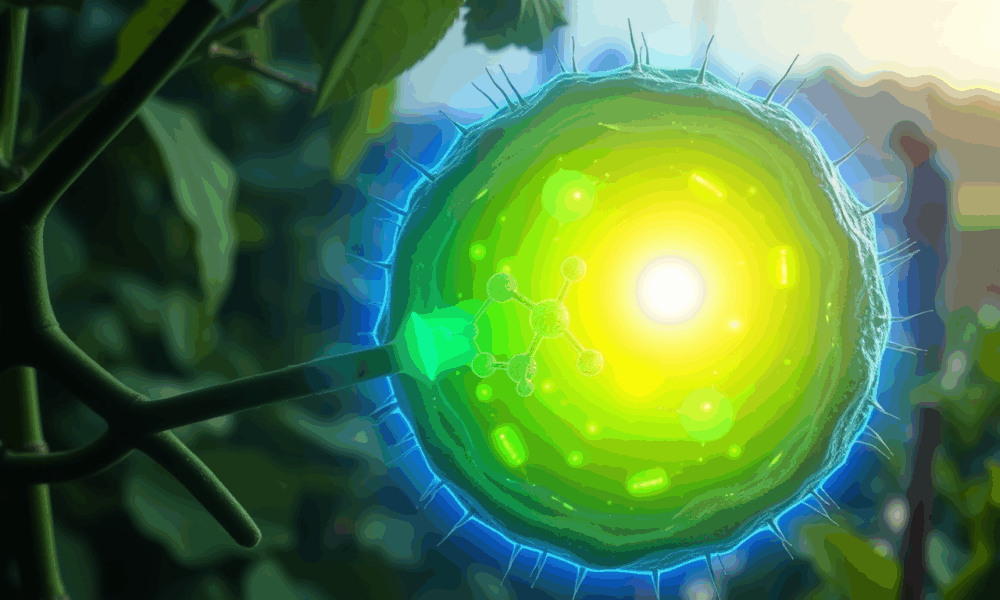
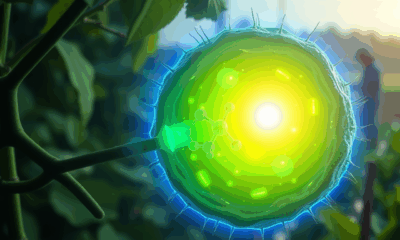

Scientists at MIT have turbocharged one of nature’s most sluggish but essential enzymes—rubisco—by applying a cutting-edge evolution technique in living cells. Normally prone to wasteful reactions...
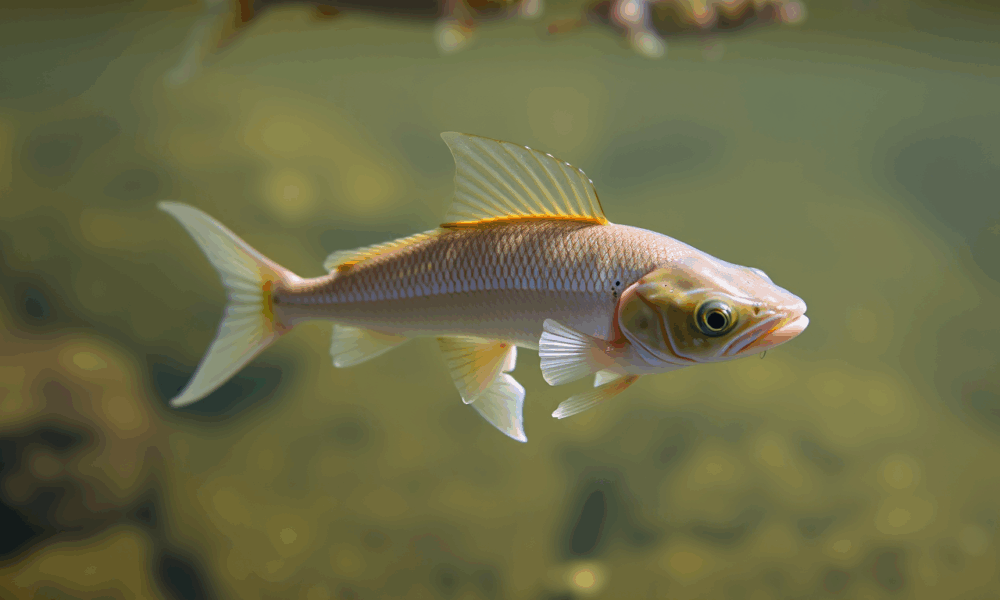
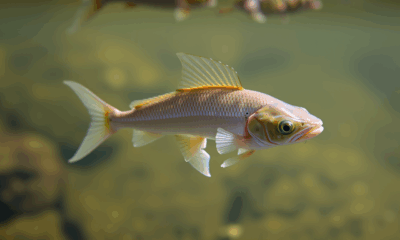

Hovering fish aren’t loafing—they burn twice resting energy to make micro-fin tweaks that counteract a natural tendency to tip, and body shape dictates just how costly...
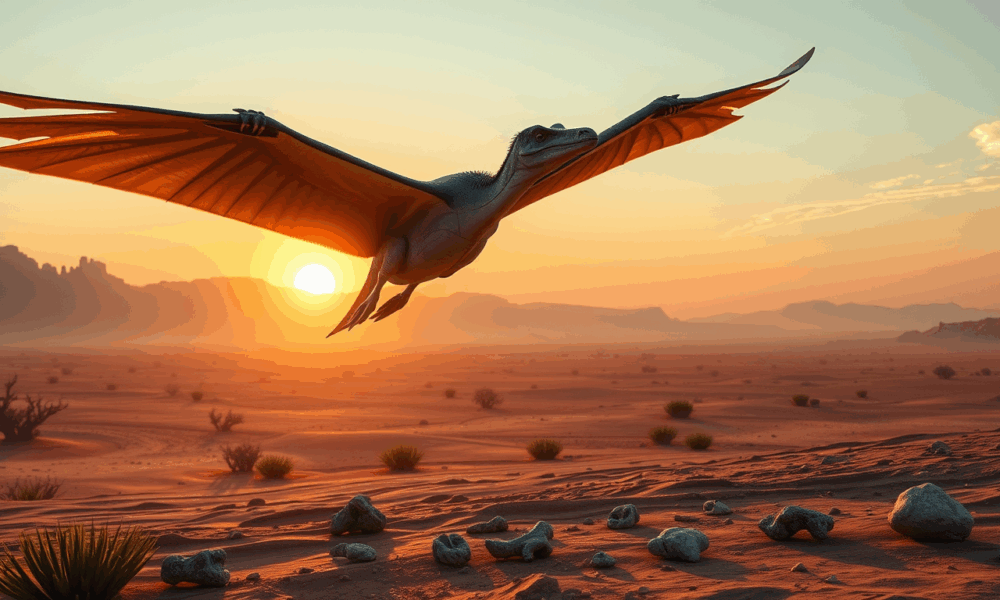
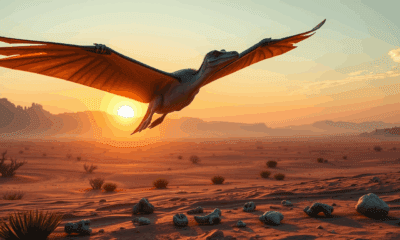

In the remote reaches of Arizona s Petrified Forest National Park, scientists have unearthed North America's oldest known pterosaur a small, gull-sized flier that once soared...



Long-lost 1960s aerial photos let Copenhagen researchers watch Antarctica’s Wordie Ice Shelf crumble in slow motion. By fusing film with satellites, they discovered warm ocean water,...